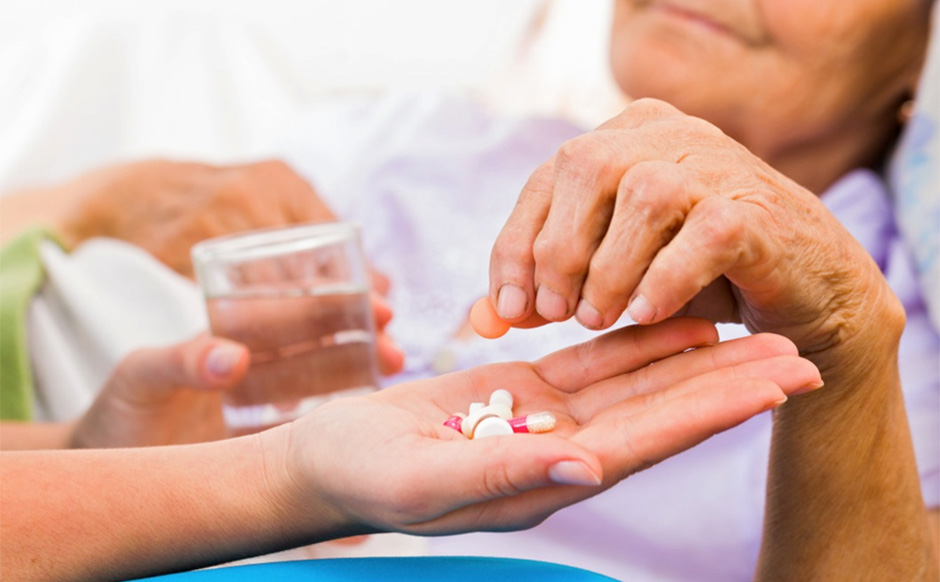Antibiotics are used to treat or prevent some types of bacterial infection. They work by killing bacteria or preventing them from reproducing and spreading. But they don’t work for everything. When it comes to taking antibiotics you should always take your doctor’s advice.
Antibiotics don’t work for viral infections such as colds and flu, and most coughs and sore throats. Many mild bacterial infections also get better on their own, without using antibiotics.
Taking antibiotics when you don’t need them encourages dangerous bacteria that live inside you to become resistant. That means that antibiotics may not work when you next need them. This puts you and your family at serious risk.
When antibiotics are used
Antibiotics may be used to treat bacterial infections that:
- are unlikely to clear up without antibiotics.
- could infect others unless treated.
- could take too long to clear without treatment.
- carry a risk of more serious complications.
People at a high risk of infection may also be given antibiotics as a precaution, known as antibiotic prophylaxis.
How do I take antibiotics?
Take antibiotics as directed on the packet or the patient information leaflet that comes with the medication, or as instructed by your GP or pharmacist.
Doses of antibiotics can be provided in several ways:
- Oral antibiotics – tablets, capsules or a liquid that you drink, which can be used to treat most types of mild to moderate infections in the body.
- Topical antibiotics – creams, lotions, sprays or drops, which are often used to treat skin infections.
- Injections of antibiotics – these can be given as an injection or infusion through a drip directly into the blood or muscle, and are usually reserved for more serious infections.
It’s essential to finish taking a prescribed course of antibiotics, even if you feel better, unless a healthcare professional tells you otherwise. If you stop taking an antibiotic part way through a course, the bacteria can become resistant to the antibiotic.
Missing a dose of antibiotics
If you forget to take a dose of your antibiotics, take that dose as soon as you remember and then continue to take your course of antibiotics as normal. But if it’s almost time for the next dose, skip the missed dose and continue your regular dosing schedule. Don’t take a double dose to make up for a missed one.
There’s an increased risk of side effects if you take two doses closer together than recommended.
Accidentally taking an extra dose
Accidentally taking one extra dose of your antibiotic is unlikely to cause you any serious harm. But it will increase your chances of experiencing side effects, such as pain in your stomach, diarrhoea, and feeling or being sick.
Side effects of antibiotics
As with any medication, antibiotics can cause side effects. Most antibiotics don’t cause problems if they’re used properly and serious side effects are rare.
The most common side effects include: being or feeling sick; bloating and indigestion; and diarrhoea.
Some people may have an allergic reaction to antibiotics, especially penicillin and a type called cephalosporins. In very rare cases, this can lead to a serious allergic reaction (anaphylaxis), which is a medical emergency.
Antibiotic resistance
Both the NHS and health organisations across the world are trying to reduce the use of antibiotics, especially for conditions that aren’t serious.
The overuse of antibiotics in recent years means they’re becoming less effective and has led to the emergence of superbugs. These are strains of bacteria that have developed resistance to many different types of antibiotics, including:
- Methicillin-resistant Staphylococcus aureus (MRSA).
- Clostridium difficile (C. diff).
- The bacteria that cause multi-drug-resistant tuberculosis (MDR-TB).
- Carbapenemase-producing Enterobacteriaceae (CPE).
These types of infections can be serious and challenging to treat, and are becoming an increasing cause of disability and death across the world.
The biggest worry is that new strains of bacteria may emerge that can’t be effectively treated by any existing antibiotics.





